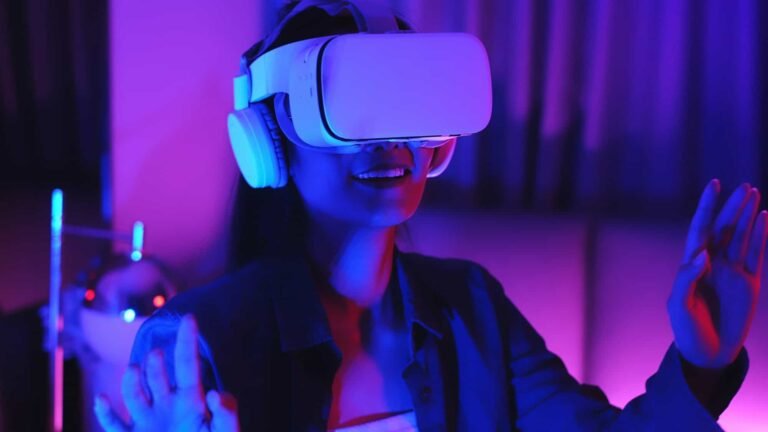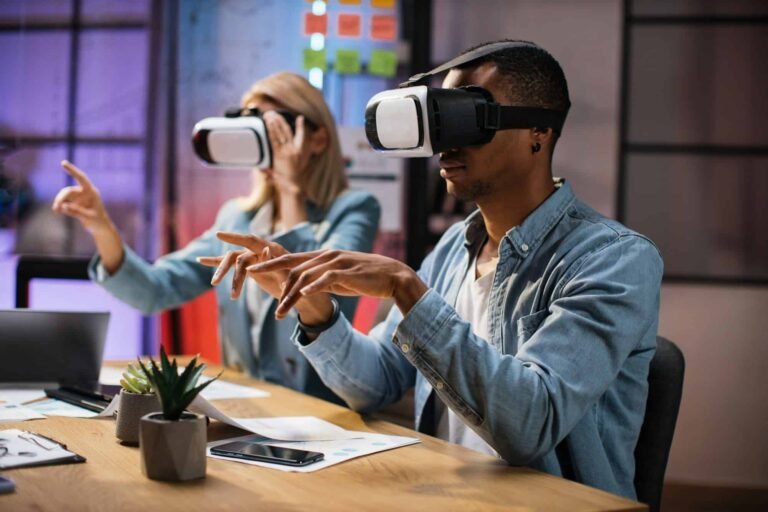
Scott D McArthur, Co-Founder & Professional Speaker, Sculpture Consulting Ltd
WHY SHOULD YOU CARE?
There has never been a more important time for organizations to stand up for diversity. In our rapidly changing world to adapt to the new norm teams with diverse backgrounds provide the best solutions.
I had just spent three years in the Pathology Department at Edinburgh University working on various research projects mainly focused on bone and joint disease. My contract was coming to an end which gave me a pretty big decision to make; do I stay in research or do I get out of biological science and do something else?
There were a couple of opposing forces that I had to consider.
I’d had enough of existing hand to mouth, living in a squat with six women on Morningside Road in Edinburgh. Secondly, I had no idea what else I could do; after all, I was used to working with human remains, not human beings.
After a couple of months of job hunting and uncertainty, I had two options. Go back into the lab’s to do HIV research or take up a temporary role with British Gas looking after flexitime for the people in the huge open-plan office in Granton, Edinburgh. I wasn’t especially excited about the job at the Gas but as it paid twice the rate of going back into research and given the state of my hierarchy of needs my mind was made up for me; I stated at British Gas a week later as a Personnel Assistant (Flexitime).
It turned out that my job for the next 6 months was to cover for someone who was going into hospital for a major operation. She had worked at the company for 25 years and had a reputation as the Red Queen of Flexitime. Cross this woman and it was, “off with your flexi” no matter how senior you were she had the power of veto on your weekend away with the kids with no right of appeal. I was like a rabbit in the headlights as she took me through my induction week – it was a mix of a primitive spreadsheet, a tea-trolly (we use this when we walked round the office handing out reports to managers every day), reams of computer paper, thousands of names, dozens of people with fancy job titles, yellow keys and green and red pens. At the end of my induction, I felt absolutely clueless and was wishing I’d stuck with my microscopes in the laboratories.
Then there was the rest of the team. The Personnel Director was a former farmer, the two Personnel Officers were a historian and a gas fitter respectively. The four Assistant Personnel Officers included a journalist, quantity surveyor, a former director’s secretary and a trade union official. The assistant team consisted of a group of graduate trainees, two or three former gas fitters and me.
Thanks to some statistical software, the support of the team along with a huge helping of brass neck I gradually got on top of the job. This ended up being my entry point into an 18-year career as an HR practitioner. My transition from human remains to human resources was complete.
This experience was a threshold moment in my career. I’d never heard of Personnel never mind Human Resources and I didn’t know anyone at university who wanted to work in HR. The thing was I loved it and I couldn’t understand why more people didn’t want to work in HR. When I went into consulting with KPMG I was determined to help HR to be recognised as the brilliant and important job that it was. I created business solutions, wrote articles and by-lines about why HR needs to recruit professionally qualified people experts from the world of psychology, biology and research, I stood on stages at various CIPD conferences talking about evidence-based HR and why we needed to stop being faddish and reactive. I stand by most of this and the profession continues to making amazing progress in these areas. However, there was one part of HR that I now believe I got wrong.
Go back a few paragraphs and read again where the people in that first personnel department I ever worked in came from. This level of difference (now referred to as “cognitive diversity”) has been apparent in every HR department I have been part of or have consulted for. I believe that unlike most other discrete departments in organisations HR is not full of people with similar backgrounds. I used to see this as a weakness that explained in part why HR wasn’t taken as seriously as it should be. After all, how can people work in HR without a deep understanding of people – surely, they need to be experimental psychologists, behavioural scientists and even sociologists and psychiatrists?
Let me be clear the importance of people experts in our HR departments remains a priority but it is our difference that sets us apart. It is our difference that enables HR people to see problems in our organisations that others cannot see. It is our difference that will take us successfully into the “next normal” and enable the profession to flourish.
Back in my science days one of my heroes was the insect biologist E.O. Wilson and in his book “Half-Earth: Our Planet’s Fight for Life” he said it much better than I ever could:
“The most dangerous worldview is the worldview of those who have not viewed the world.”











